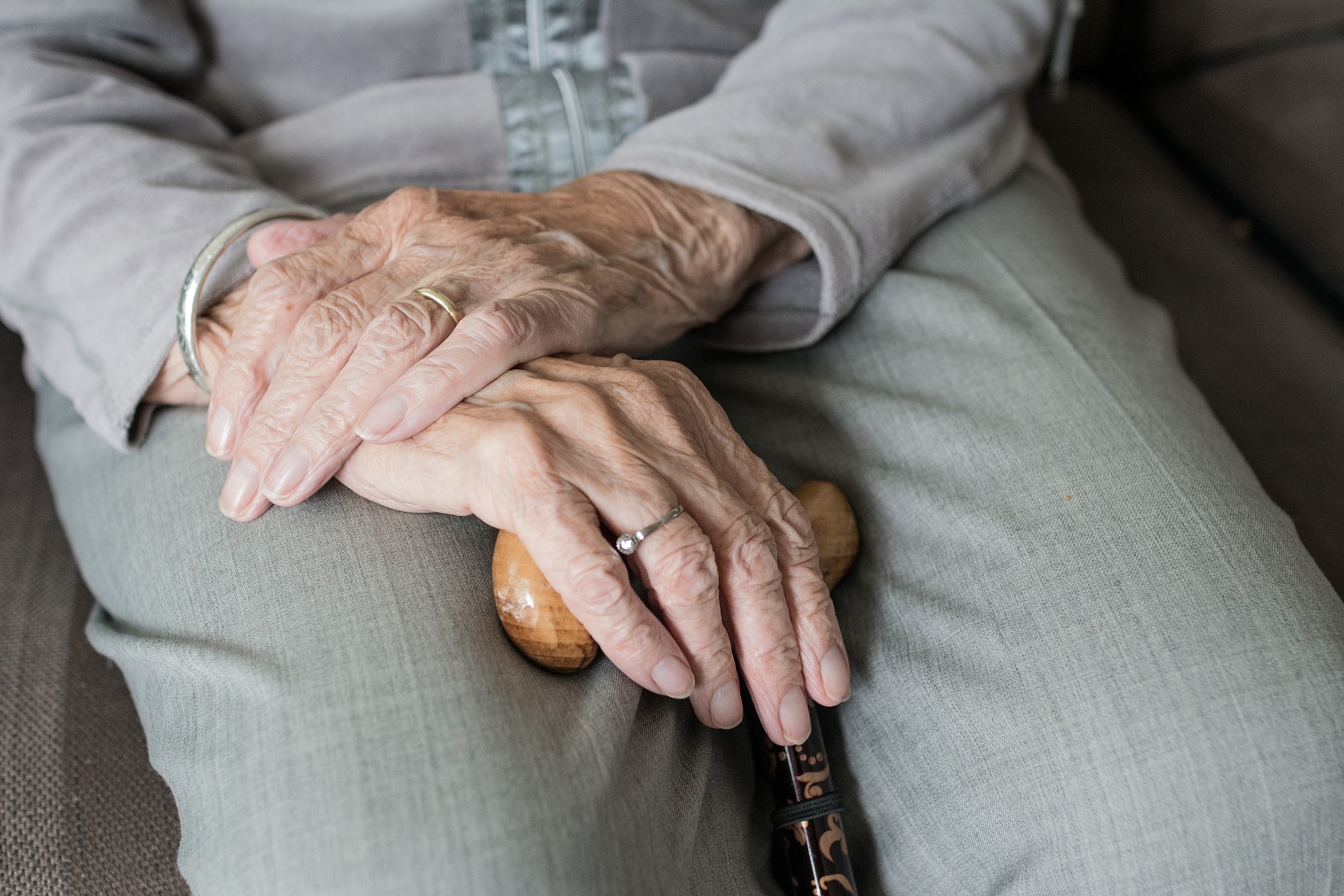Five Things to Be Aware of as an Elderly Family Member’s Health Declines
Even with healthy aging and despite the advances in medicine, we are still always going to be mortal beings. During our lifespan, we will face health problems either acute or chronic. The question then is are we prepared? Morbidity and mortality know no boundaries and afflict people of all ages.
Most of us at some time in our lives are unprepared to face our end of life. Spouses, families, partners, bear the brunt of that unpreparedness. This then leads to further health problems in our communities, world.
The three basic of life areas we all know, food, shelter, clothing.
Today we will discuss five things to be aware of as an elderly family member’s health declines.
Here they are in no special order:
- Knowledge about the condition, disease, or health issues: Many times, despite being close and living under the same roof, many of us do not know the extent of our aged’s condition. Have we asked the healthcare professionals? Have we had a discussion about it all the way along? What do we really know or understand? Does it matter? Who wants to know the details? Who does not want to know? Why do we not know? What will help us understand better? How do we educate everyone? Which path is the best way to learn more?
- Care the aged is getting and more: What care are they getting? Who is providing the care? What care is needed with the decline? How does one care for the decline? What do we understand by the stages of decline? Where should our energies or responsibilities be focused? Is the care adequate? How do we confirm it is the best care? In what ways can we make the care more personal? Do we have a backup for the care in terms of people, expertise?
- The time during the decline: What do we have to accomplish as our aged decline? How much time do we have in our hands? How do we plan and organize our lives? What to expect during the time to end-stage? Is this the right time to seek more care or less care? At what time can we handle this better?
- Family of the aged: Has the family been struggling to cope with this? How are they coping? Do they need help? Are they worried? How can we help their mental health and in what ways? How do we engage and keep the communication going? Does anyone feel left out? Do we have this under control? Who may we contact if any issues must arise suddenly and require mediation?
- Economics and expenses during decline leading to end-of-life care: Economics is one of the causes of a lot of misunderstandings, arguments, anxiety, confusion, and so on. Do they have a will? An advance directive? Funds to get the care from a third party, relocate to a different place like senior living or hospice house? Does their health insurance cover the care, what else does it cover? What are the remedies in case it is needed? How can this burden be decreased? Who will be paying if the elderly do not have the resources? How long will those resources last? What are the other best options?
The above is just the gist of the list. There are many many more things to consider, plan, etc. Health decline is inevitable, but reasons can be avoidable or solvable with in-depth strategy and planning.
We would like to hear your ideas, thoughts, as always, please feel free to send us. Thank you.

Copyright 2021
